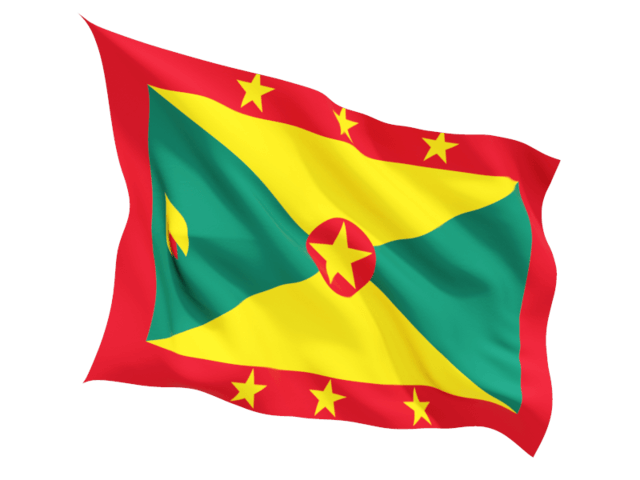About Grenada
Grenada, a tri-island state (includes Grenada, Carriacou, and Petite Martinique) covers an area of 133 square miles and is located in the southeastern Caribbean Sea. Grenada is situated northwest of Trinidad and Tobago, northeast of Venezuela, and southwest of Saint Vincent and the Grenadines. Dubbed the “Island of Spice,” Grenada is known for its production of a wide range of spices, including nutmeg, cinnamon, cloves, ginger, mace, allspice, and wild coffee to name a few. In fact, Grenada is the second-largest producer of nutmeg globally, accounting for 20% of the world’s nutmeg exports.
Flag
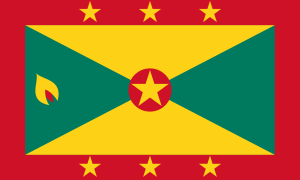
National Bird
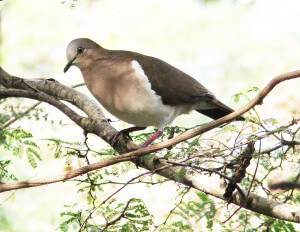
National Coat Of Arms
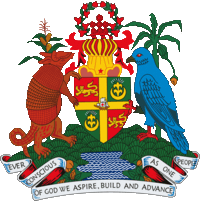
National Anthem
We pledge ourselves to thee,
Heads, hearts and hands in unity
To reach our destiny.
Ever conscious of God,
Being proud of our heritage,
May we with faith and courage
Aspire, build, advance
As one people, one family.
God bless our nation.
- Hon. Dickon Mitchell, MP (2022 – present)

- Dr. The Right Hon. Keith Mitchell, MP (2013-2022)
- Hon. Tillman Thomas (2008 – 2013)
- Dr. The Right Hon. Keith Mitchell, MP (2005 – 2008)
- Hon.George Brizan, MP (1995)
- Hon. Sir Nicholas Brathwaite, KT, OBE, MP (1983-1984) 1st Term (Interirm); (1990-1995) 2nd Term
- Hon. Ben Jones, MP, JP (1989 -1990)
- Hon. Herbert Blaize, MP, JP (1984 -1989)
- Hon. Maurice Bishop (1979 -1983)
- Hon. Sir Eric Matthew Gairy, KT, MP (1974 -1979)
- Dr. Cecile La Grenade (2013 – Present)
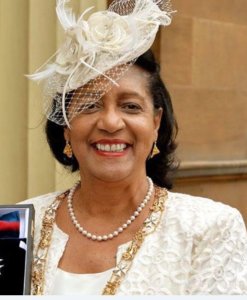
- Hon. Joseph Andall (2022 – Present)
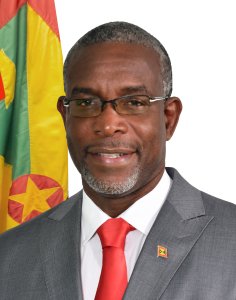
- H.E. Gerry Hopkin
Consulate General of Grenada in Canada (Toronto)

Climate
Average temperatures range from 75ºF to 85ºF (24ºC to 30ºC), tempered by the steady and cooling trade winds. The lowest temperatures occur between November and February. Due to Grenada’s remarkable landscape, the island also experiences climate changes according to altitude. The driest season is between January and May while the rainy season is from June to December.
People
Approximately 108,132 (est. 2008) people inhabit Grenada, including the 6,521 inhabitants of Carriacou and Petite Martinique. The nation’s citizens are primarily of African, East-Indian and European descent, with the largest proportion of the population, approximately 75%, of African descent. Grenada is an English-speaking nation.
Political Profile
Grenada gained independence from Britain in 1974 and is an independent nation within the British Commonwealth. Her Majesty, Queen Elizabeth II is the Head of State and is represented locally by the Governor General, who is appointed on the advice of the Prime Minister. Grenada has a West Minister Style Parliamentary form of Government. The Parliament which exercises legislative power consists of the House of Representatives and the Senate. Executive power lies with the Prime Minister and his Cabinet. General Elections are held every five (5) years.
